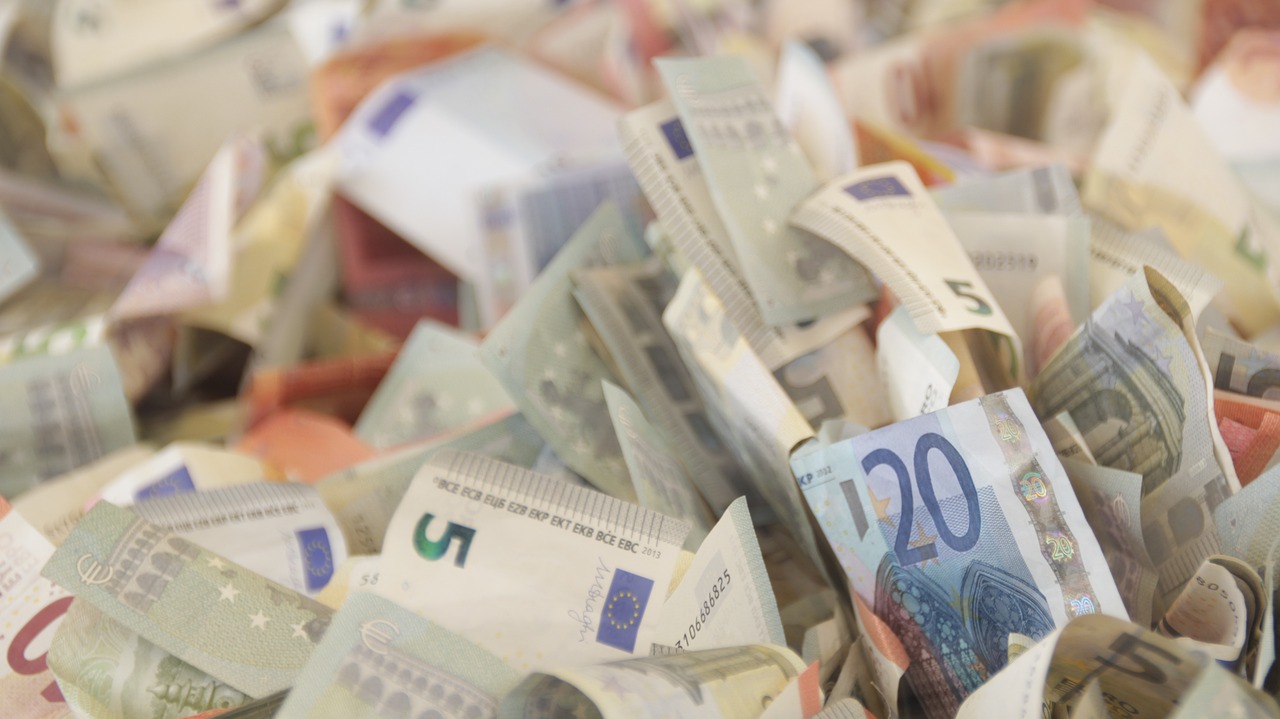
Italy’s financial intelligence has discovered a series of anomalies, including the withdrawal of €4m ($4.35m) in cash from two accounts held by the Russian Embassy in Rome since the Kremlin began its full-scale invasion of Ukraine. Western sanctions have crimped Russia’s ability to transfer money through the banking system, but its diplomatic network still operates. Intelligence services are working to understand whether the untraceable cash, made through 21 withdrawals, sometimes amounting to as much as €100,000 at a time, is being used to finance Kremlin influence operations.
Italian officials believe the most credible hypothesis entails a multi-pronged strategy reminiscent of the KGB days. The most obvious use of the money is paying state-linked individuals for access to sensitive information, such as new weapons designs or even NATO secrets. Another more subtle approach is through payments to so-called agents of influence, such as journalists, pundits, influencers, writers and bloggers, university professors and think tank researchers, to voice narratives supporting the Kremlin’s cause.
This news appeared on the same day as the Cyprus Confidential investigation, which exposed several channels through which backers of Vladimir Putin moved money and hid their wealth abroad. One of them, EU- and US-sanctioned Russian oligarch Alexej Mordashov, allegedly paid an award-winning German journalist around $700,000 to publish a book entitled Putin’s Power about why Europe needs Russia.






